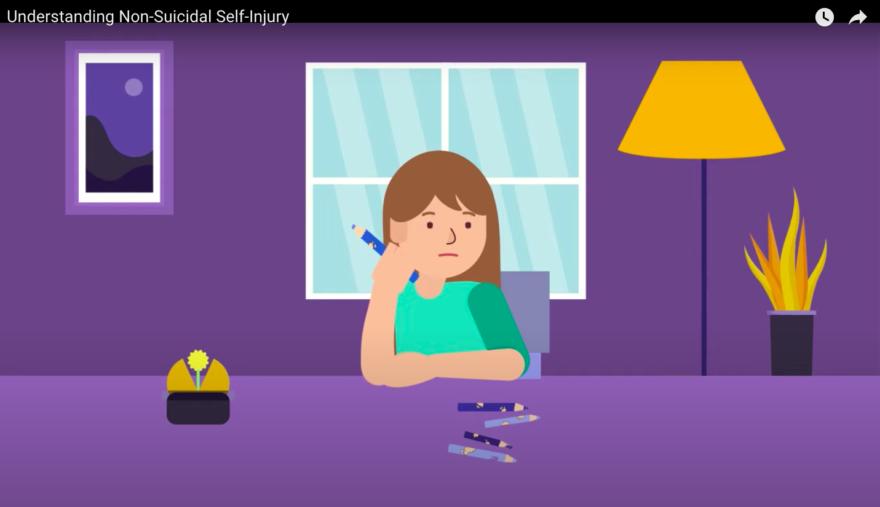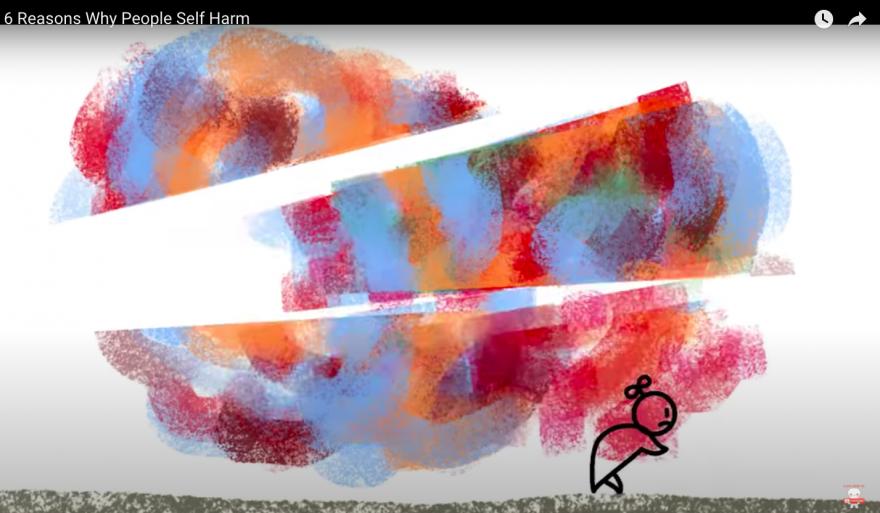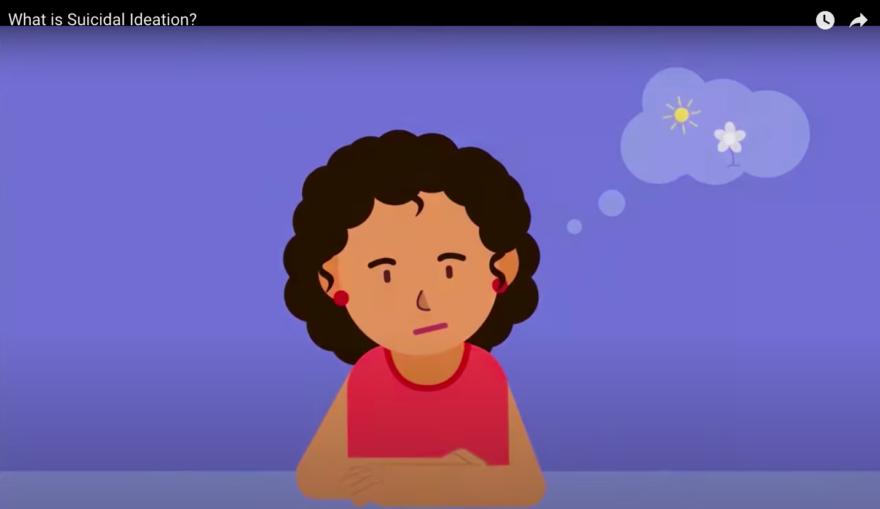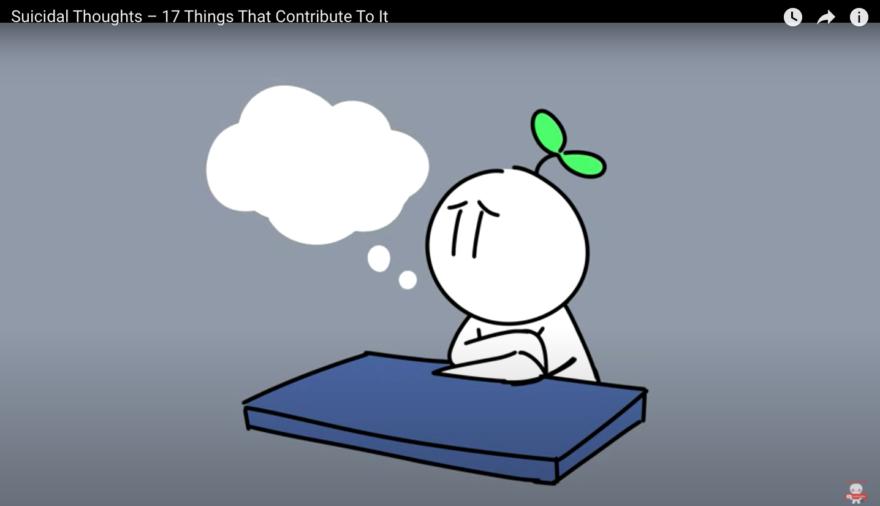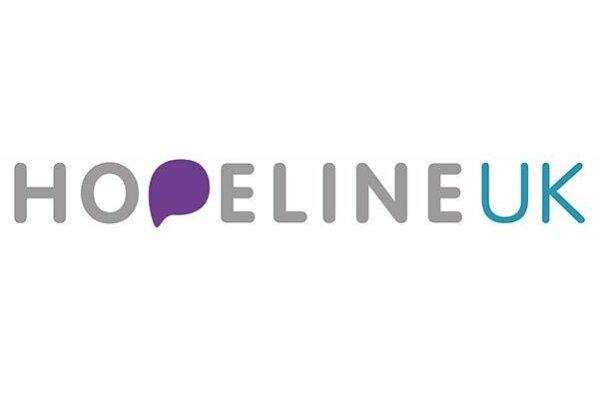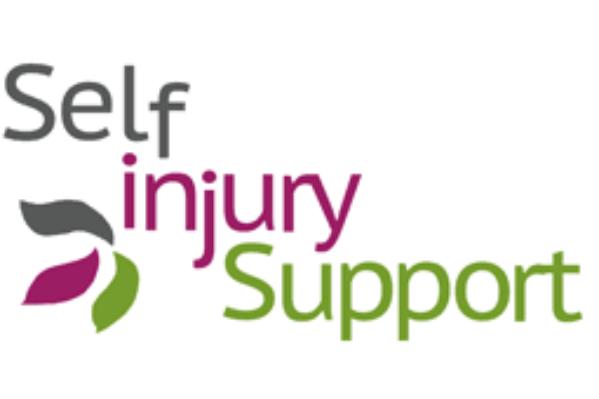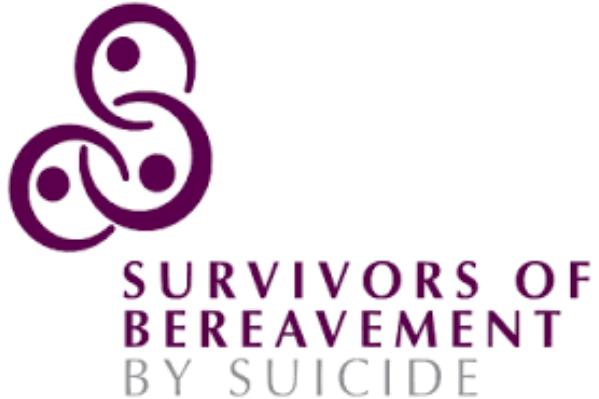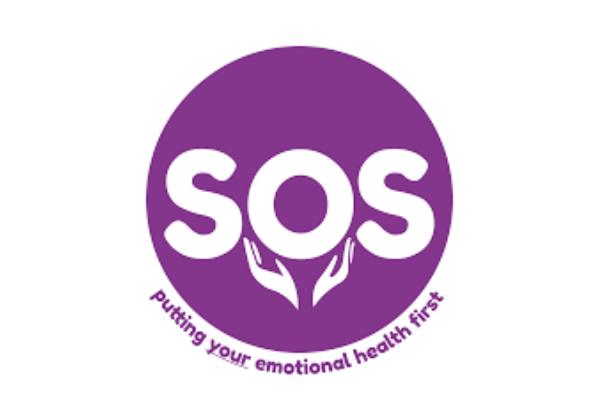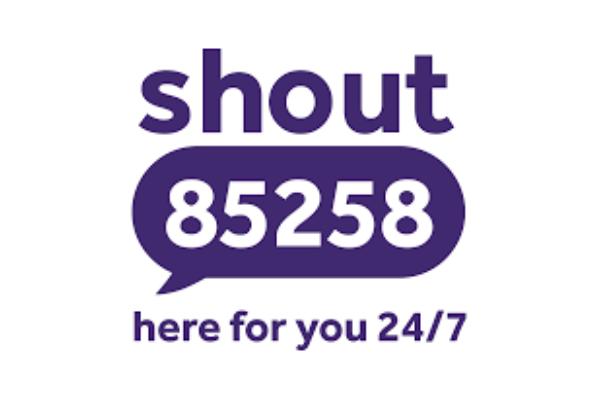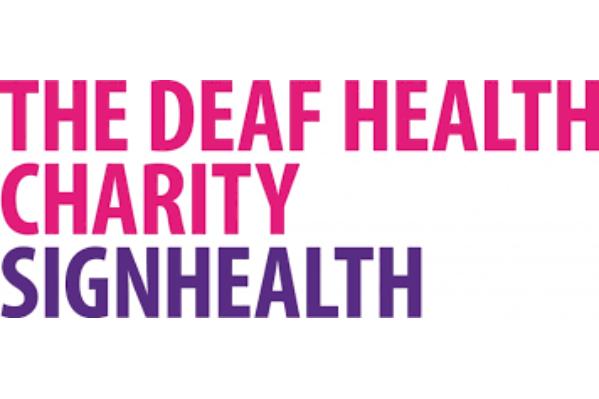What is Self-Harm?
Self-Harm describes any deliberate self-injurious behaviour with the intent of harming oneself and can be suicidal or non-suicidal in nature. Self-harming is not a mental illness, but a behaviour that is often linked to the experience of mental distress. Once Self-Harm is established, it can be difficult to stop and, although life-threatening injuries are usually not intended, there is an increased risk of inflicting more serious injuries that can lead to ending one’s life.
Content warning: This page discusses Self-Harm, Suicidal Thoughts and Suicide, both in written content and in the videos. If this is something that makes you feel uncomfortable or upsets you, you might decide not to access the information below. You can also contact the helplines & text services for further support.
Why do people Self-Harm?
Everyone has their own reasons as to why they self-harm and these can change over time. It is important to remember that Self-Harm is not attempted suicide or a cry for attention. While some people who harm themselves also have suicidal thoughts, there are many other factors that motivate individuals to self-harm. In fact, the majority of people who self-harm do so as a way to cope with difficult or distressing thoughts and feelings. Other common reasons why people engage in self-harm behaviours include self-punishment, self-distraction, getting relief, reducing tension or gaining a sense of being in control.
Types of Self-Harm
Self-Harm can take many forms. Some people use the same method, while others use different methods at different times. Click the button below to read about different types of Self-Harm. If you are feeling vulnerable at the moment, you might not want to read the information below.
What are Suicidal Thoughts?
Suicide is when someone intentionally ends their own life, often as a consequence of feeling overwhelmed by their circumstances.
Suicidal Thoughts are thoughts of ending one’s life. They can be passive i.e. the person has abstract thoughts about ending their life or feels that others would be better off without them; or they can be active i.e. the person thinks of specific methods of Suicide or makes a clear plan to end their life.
Why do people have Suicidal Thoughts?
Suicidal Thoughts can occur for any number of reasons and often it can be a mixture of different things. People with Suicidal Thoughts may be experiencing a range of emotions, such as feeling hopeless, anxious, confused, useless or overwhelmed. Someone thinking about Suicide may feel that the pain and emotional distress they are facing is too much to cope with and that they have no other option than to end their life. The important thing to remember is that most people who attempt Suicide do not want to die, they want their pain to stop.
If you are thinking about Suicide or are recovering from a suicide attempt, please reach out for support – talk to someone you trust and feel comfortable with, such as a family member, friend, listening service, GP or other health professional. More information on recovery after a suicide attempt can be found here. With the right support at the right time, people can overcome their difficulties.
Get support now: Samaritans (24/7)
Call: 116 123 Email: jo@samaritans.org
Tools for managing a crisis
Helplines & text services
Below are helplines and text-based services that you can contact for support and advice should you struggle with either self-harming behaviours or Suicidal Thoughts.
Download the helplines
You can see and download a full list of support services and helplines by clicking below.
Suicide support services
Both recovering after a Suicide attempt and being bereaved by someone’s Suicide can be painful experiences and can leave us with overwhelming emotions and unanswered questions. The organisations below provide extensive databases to help you find and access further support including peer-support groups, online support groups, talking therapies and counselling services.
What is SIS?
SIS works to improve support and knowledge around self-injury. They run a UK-wide multi-channel support service for women and girls affected by self-injury, offer free information and self-help resources and promote better awareness.
How to use it
Their website provides an extensive list of UK-wide support groups and other services. The types of support available vary depending on organisation and location but services include: talking therapies, peer support, advocacy, crisis care and more.
To access their database of services, click here and find the support that works for you.
What is SOBS?
SOBS is a mental health charity that provides advice and support to anyone impacted by Suicide in the UK. They offer peer led support groups, virtual support groups, a national helpline and email support.
These services are run by the bereaved, for the bereaved. They provide a safe, confidential environment in which bereaved people can share their experiences and feelings, giving and gaining support from each other.
The main SOBS website also provides a selection of resources for those bereaved by Suicide. You can access these at anytime by clicking here.
How to use it
1. Open the SOBS support group finder. Enter your postcode in the ‘type your address’ search bar. You will be presented with a list of all the SOBS support groups near you.
2. Choose the support group that is nearest to your home address and contact them for further information.
Note: the locations for support groups shown are not precise. SOBS keeps their locations private, so please contact your nearest group to get the details of the exact location.
What is the Hub of Hope?
The Hub of Hope is the UK’s leading mental health support database, bringing a range of local, national, peer, community, charity, private and NHS mental health support services together in one place.
The Hub is a signposting service designed to guide people towards appropriate support for their individual needs/preferences. It is available to everyone, not just those who are in crisis, and allows individuals to search for services tailored to their particular concerns.
How to use it
1. Enter your postcode in the location search bar or click on the “click to find nearby services” button. You will then be presented with a list of all the mental health support services in your local area that are registered to the Hub of Hope.
2. Use the filter buttons at the top of the page to refine your results according to service type e.g. NHS/private sector and area of concern e.g. anxiety/depression.
3. Click on each service individually for further information on their exact location, opening hours and areas of expertise. Most services list their contact details alongside a link to their own website.
More resources
Try other areas within MyMynd that are closely related to Self-Harm and Suicide.
